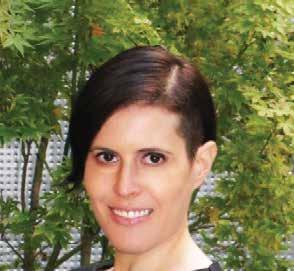LEADERS' OUTLOOK ANNUAL EDITION / JANUARY-FEBRUARY 2022
SmallSats and the Democratization of Space
22
BY PROF. SIR MARTIN SWEETING OBE FRS FRENG FIET FINSTP
Founder & Executive Chairman of Surrey Satellite Technology Ltd., Chairman, Surrey Space Centre, Director, National Hub on Future AI and Robotics for Space
T
he story of growth in smallsats (small satellites), leading to the democratization of information from Space, can be split into two parts. The first part is about access to Space. Today, over 100 countries are active in Space, which means that access is no longer limited to big corporations or governments alone, but is also available to small companies, universities, and even high schools in some cases. Additionally, tech advancements in smallsats have made it economically feasible to have more
constellations in Space. It was always possible to have a constellation, but if a satellite would cost USD 1 billion, it was not possible to afford too many of them. But with satellites costing USD 10 million, it is possible to have 50-60 of them — or even thousands — in Space. As soon as there is a constellation in Space, it becomes possible to add a third dimension to the data coming in. So, one gets the spatial, spectral, and temporal resolution that allows one to monitor rapidly changing phenomena, which adds a completely different value to the dataset. The international Disaster Monitoring Constellation (DMC) of optical EO microsatellites ably demonstrated this new capability. Now, the second part is about the data. In the last few years, we have witnessed the launch of many smallsats with different sensors. This has led to data proliferation, which in turn has presented the opportunity for extracting more value from Space. Ten years ago, it was only about data being sold. However, a change occurred in recent years when the value of raw data dropped to less than 10 percent, and the demand for knowledge that could be extracted from it spiked. Consequently, the business model also changed from data retailing to knowledge services.










































